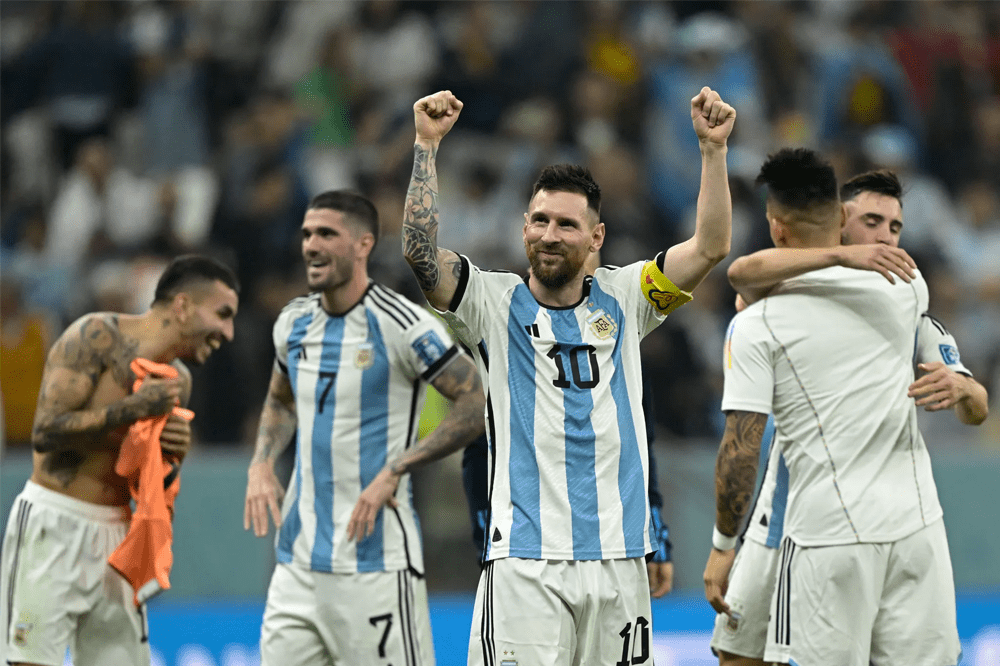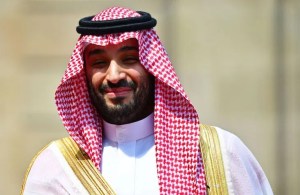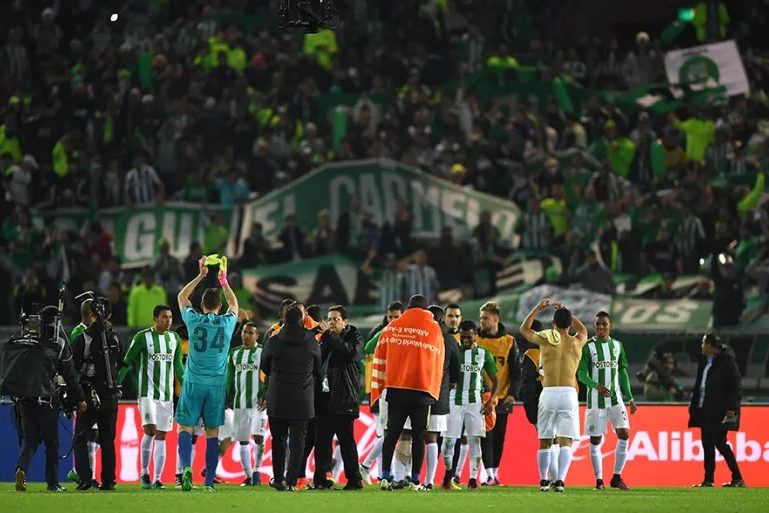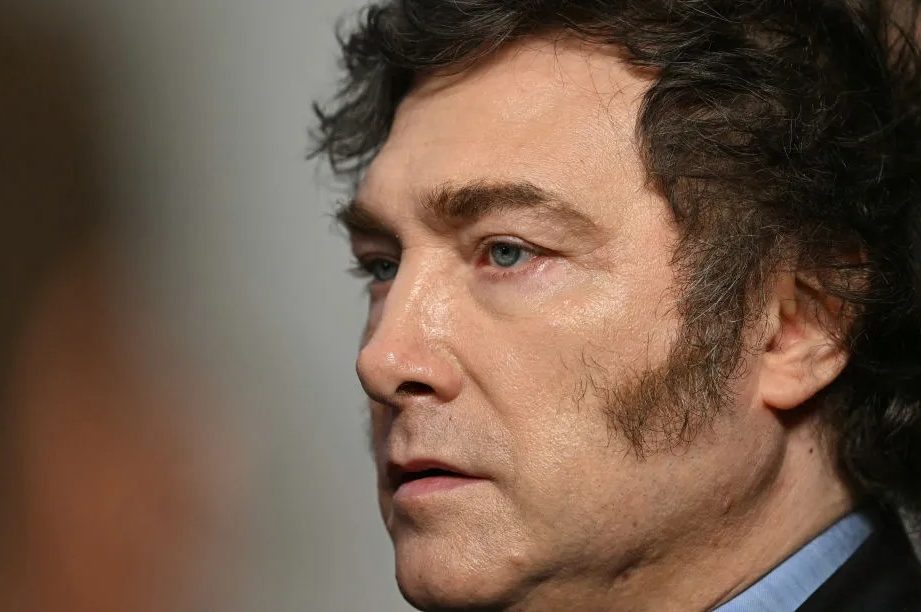I hope that the Argentinian national team (also known as Lionel Messi) will win its third (or first?) soccer World Cup on Sunday. But even if it doesn’t, the team’s legendary number ten has surely achieved that rare and precious accolade — earned by Pele in 1970 and Maradona in 1986 — of so dominating a World Cup that it will forever be linked to him. With respect to the supercharged Kylian Mbappé, this has been Messi’s tournament. And you can be sure that, win or lose, the world’s media will be focused on him when the game ends.
Messi’s “last dance” as it has been dubbed (appropriately, as he has the footwork and grace of Carlos Gardel) matters because he is an extraordinary and rare individual in world sport and we should cherish his final moves on the greatest footballing stage of all.
So impactful on the field — and yet quiet and modest off it — Messi has, at times, seemed an almost liminal figure. He has been described as aloof, sometimes giving the appearance of disinterest.
But that superficial analysis was blown up long ago. It has been completely erased by his obvious passion in this tournament, but the mischaracterization spoke to his coolness, seriousness and dignity in a sporting world overflowing with hype, superficiality and badge-kissing prima donnas.
Messi has been around for so long it easy to forget that he had to fight hard to get to where he is now. His gifts may have been bestowed by a higher power, but they needed a lifetime of nurturing. The son of a cleaner and a factory worker, he was a puny adolescent and must have seemed an unlikely footballing superstar. He needed hormone injections to boost his slender frame.
He is, by all accounts, manically focused when training. His former boss, Ronald Koeman, said he was a “tyrant” to teammates in training as he hated losing even practice matches. Now, he is not just a supremely skillful player — perhaps the most elegant there has ever been — but he’s as tough as they come: just look at his successful pas de deux with Croatia’s Joško Gvardiol, who towered over him as he twisted around to set up Argentina’s third goal on Monday. And all this with a dodgy hamstring which would have seen most players limping off at half-time. Messi stayed on the pitch to the very end.
Messi has maintained this exceptional level of performance for the best part of twenty years, has never bad-mouthed his opponents (despite innumerable provocations) and has an almost Gary Lineker-level disciplinary record. He is married to his childhood sweetheart and has three children (who he keeps well away from the limelight). He has a charitable foundation and has played his part doing good work for his clubs — but never become a sanctimonious bore about it.
In short, he has somehow managed to keep his ego — if he has one — in check, despite the extreme inflationary pressures of the often-hysterical world of professional soccer. He hasn’t branched out into acting or singing or written (or had written for him) screeds of self-pitying or exculpatory prose. He hasn’t droned on about his views on the modern game or, God forbid, waded into politics. He has, to put it in sporting terms, kept his eye on the ball.
As a result, he has not allowed himself to be swayed by extravagant praise or been lured into score-settling TV studios for interviews with scandal-hungry presenters. But this is not to say he doesn’t stand up for himself. He gave his side of the story after he left Barcelona and his issues with Joan Laporta, the club’s president — but he did it discretely and respectfully, in contrast to a certain other recent footballing rupture.
Of course, we shouldn’t get carried away. Messi is a footballer, not a saint. He does have a temper, although it takes a lot to rouse it — he allowed himself to be drawn into the playground petulance at the end of last week’s torrid quarter final against the Netherlands. And he is not entirely immune to flashiness — the tattoos, the ever-changing hairstyles, those suits at the Ballon d’Or ceremonies…
And, in 2017, he was also found guilty of tax fraud. Although, given how our governments squander our hard-earned money these days, his fine (a downgrade from an initial twenty-one-month prison sentence) is unlikely to materially sour his legacy.
But in a sporting world of cynics, narcissists and phonies, Messi stands out. He’s the real thing: a true role model, dedicated to his craft and to his team and, seemingly, not much else. Refreshingly, for an athlete of his stature, he has always given the impression that when he plays he doesn’t feel as if it’s all about him. But this time — whether he likes it or not — it is.
This article was originally published on The Spectator’s UK website.

























